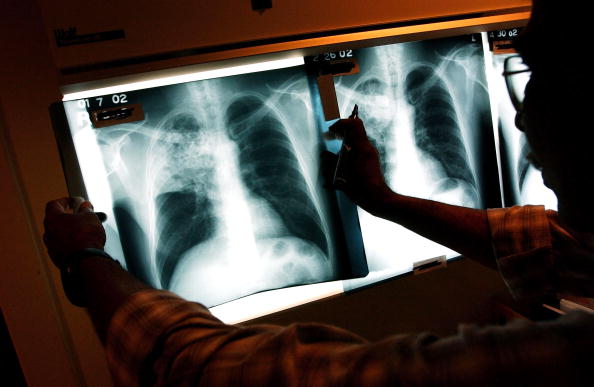The facts about TB

Two hundred years ago, tuberculosis was responsible for one in four deaths in the UK. The disease, caused by a bacterium, struck people from all sections of society, although the poor were the worst affected.
TB is an airborne disease and can only be spread by people with it in their lungs (called pulmonary TB). It is not spread easily, though – it's highly unlikely that you can catch the illness from someone coughing on the train or in a café.
With the advent of antibiotics, it was thought that TB would soon be a disease of the past, but cases never dropped below 5,000 in Britain and Ireland, and since 1987 have risen to more than 8,000. Every year, more than 400 people die of TB in the UK, approximately the same number of people who die of AIDS-related illnesses.
Common symptoms of TB include a cough that lasts for more that three weeks; fever and heavy night sweats; loss of weight for no obvious reason; and loss of appetite.
TB is curable by treatment including a combination of antibiotics, taken normally over a course of at least six months. Patients receiving treatment very quickly become non-infectious. There has been a recent rise in drug-resistant TB in the UK and worldwide due to patients failing to take the full course of treatment.
For further info and to make a donation to help fight TB worldwide, visit: www.tbalert.org
Join our commenting forum
Join thought-provoking conversations, follow other Independent readers and see their replies
Comments
Bookmark popover
Removed from bookmarks